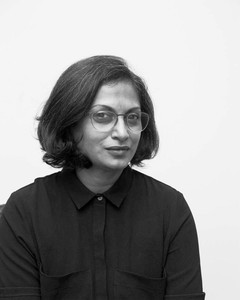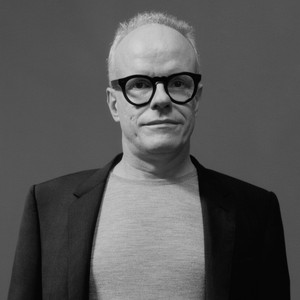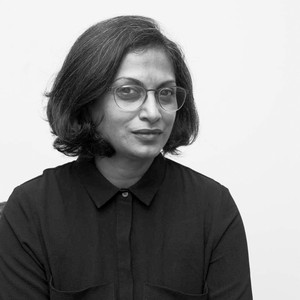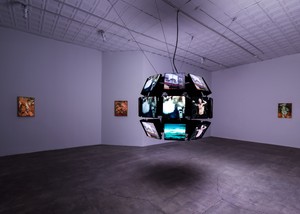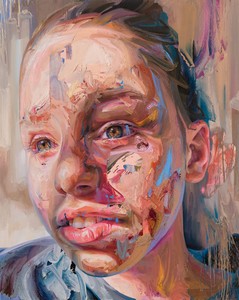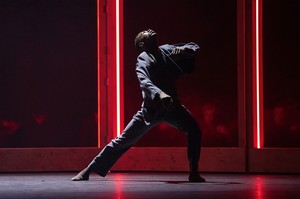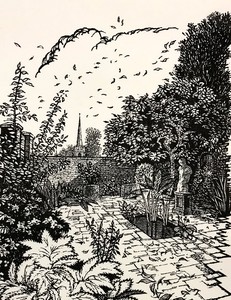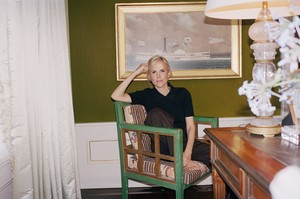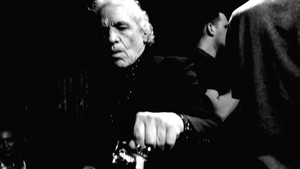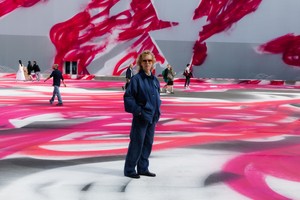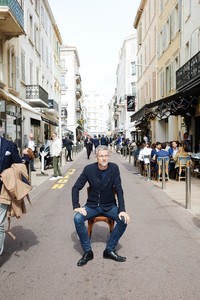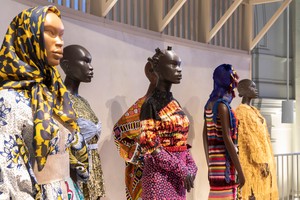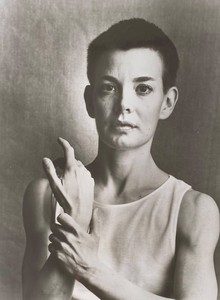Hans Ulrich ObristWhat is your unrealized project?
Marina TabassumA studio and a workshop, for the longest time, till I gave up. Now it’s a farmhouse where I can become a farmer.
HUOWhat role does chance play?
MT50 percent, if I act on it. 0 percent, if I don’t.
HUOWhat keeps you coming back to the studio?
MTA sense of purpose that defines my existence.
HUOThe future is . . . ?
MTWaking up in the morning to face the day.
HUODo you write poems?
MTWith bricks . . . I try.
HUOHow would you like to die?
MTWith an awareness of death—as my lived life flashes by.
HUOYour favorite color?
MTThe dusk in a clear sky.
HUOHas the computer changed the way you work?
MTPartly. In a good way. With caution. Not to lose my ability to think.
HUODo you have rituals?
MTWhen my mind goes wild, I meditate for a sense of calm.
HUOIs the mirror broken?
MTNo, not yet. But there’s a crack.

